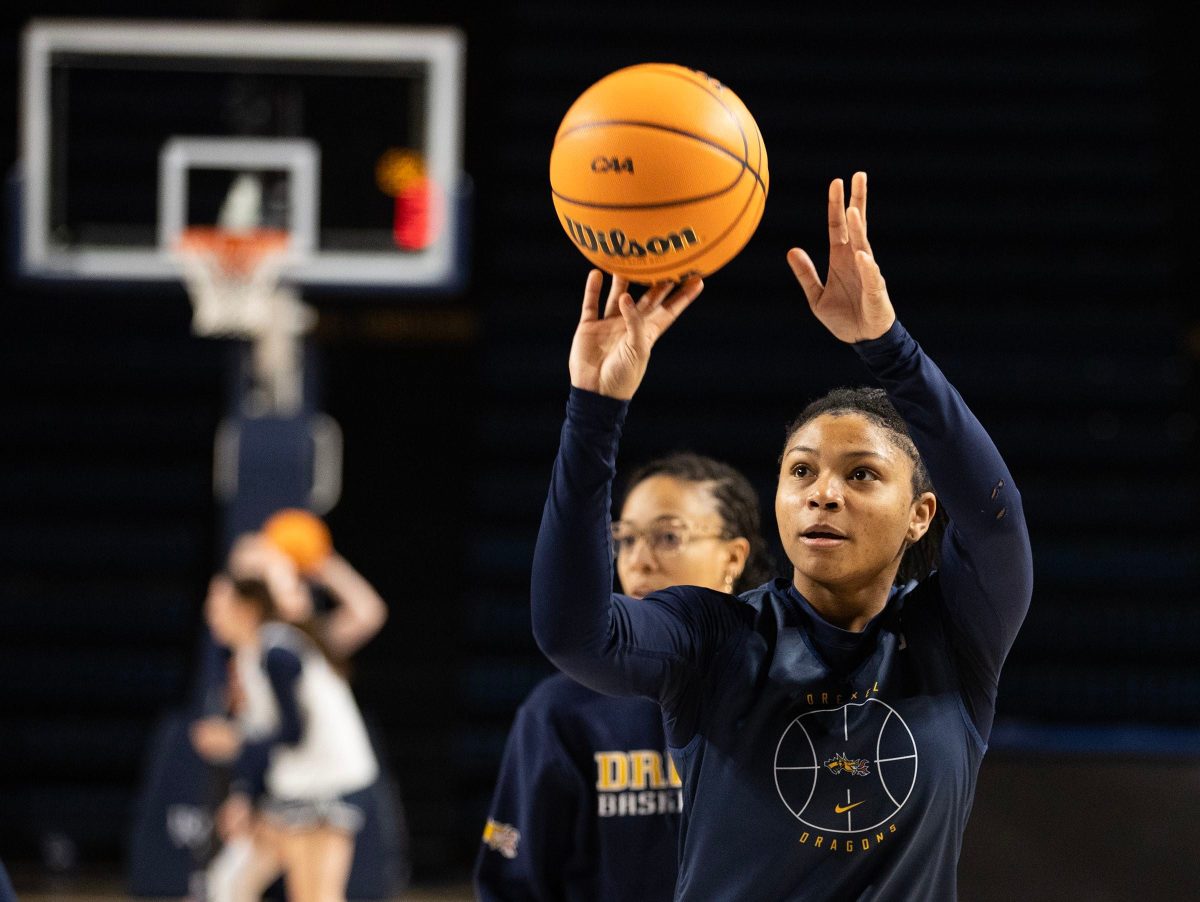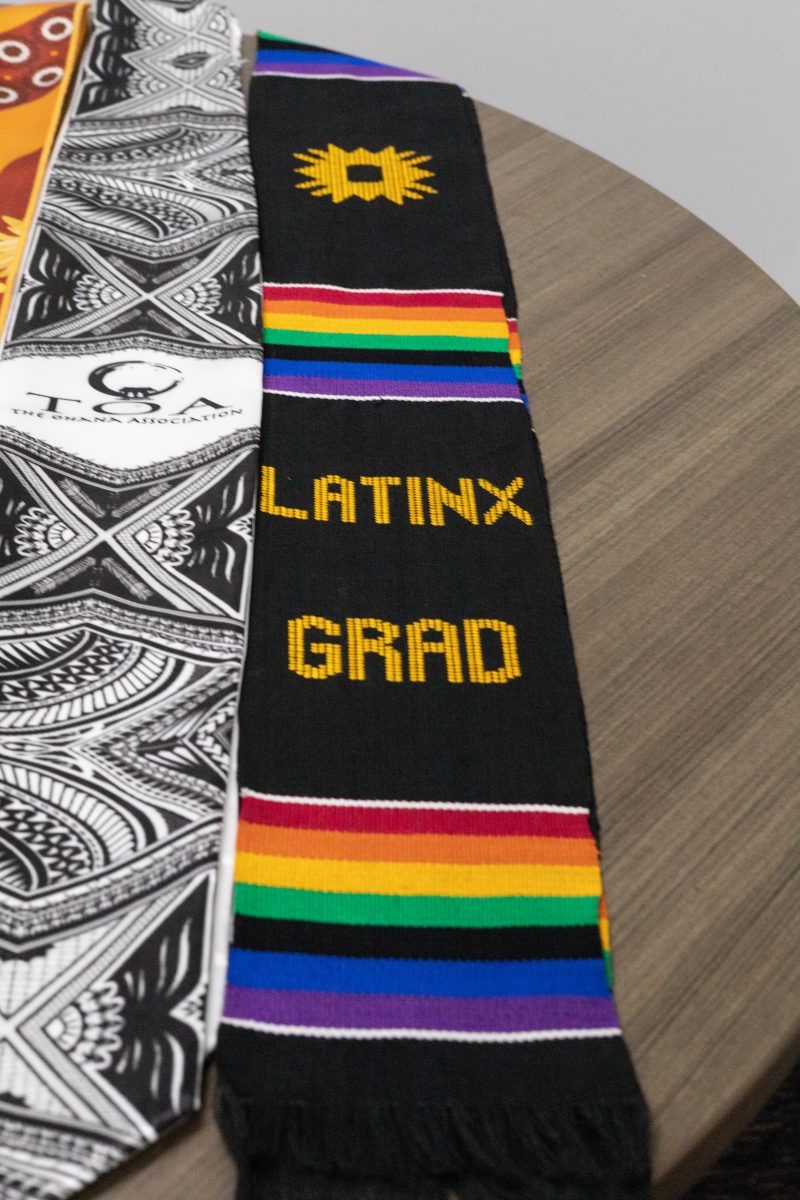Weber State University professor Susan Matt, chair of the department of history, discussed the United States’ “Godless Constitution” Tuesday at Weber Reads.
WSU students, professors and history buffs gathered in the Stewart Library Hetzel-Hoellein Room and listened to Matt discuss the influences and consequences of the Constitutions’ stance of separation of church and state.
“There’s a couple of places where the Constitution is not only not just silent on religion, but it actually says there should be no religion involved in government,” Matt said. “Article VI says, ‘The Senators and Representatives before mentioned, and the Members of the several State Legislatures, and all executive and judicial Officers, both of the United States and of the several States, shall be bound by Oath or Affirmation, to support this Constitution; but no religious Test shall ever be required as a Qualification to any Office or public Trust under the United States.’”
Article VI, proposed at the Constitutional Convention by the Gov. of South Carolina, “generated little debate at the convention itself,” Matt said.
Matt said this was “strange” considering that, at the time, many states had religious tests that allowed only certain types of religious people to be government officials. For example, Massachusetts and Connecticut were Puritan states, and besides only letting Puritans run for office, their governments “had levied taxes to support the official Puritan church . . . and passed laws that required everyone to attend that church,” Matt said.
Almost 200 years after the Constitution’s ratification, the Superme Court, in 1961, invalidated the last religious test in Maryland that said, theoretically, only Christians could run for elected offices.
Matt and audience members discussed the fact that although there is no formal religious test dictating who can and who cannot be an official, informal religious tests are present.
Although Article VI generated little debate at the Constitutional Convention, controversy boomed when it went to the states to be ratified.
“One article in the New York Daily Advertiser reeling on the Constitution and particularly on this part said if it passed, the following groups would come into government: ‘First, Quakers, who will make the blacks saucy and at times deprive us of the means of defense; second, the Mohomatans, who ridicule the doctrine of the Trinity; third, Deists, abominable wretches; fourth, negroes, the seed of Cain; fifth, Jews’ etc. etc.,” Matt said.
WSU sophomore and political science major Jeff Davies said informal religious tests continue today.
“A lot of people are concerned about Mitt Romney running because he’s a Mormon, but why should that matter?” Davies said. “Now it seems like voters use religious tests to see if a candidate is a ‘good person’ or not.”
Matt agreed and said the topic of morality often dominates present politics, an evolution from many of the founders’ original beliefs of the role of government, such as Thomas Jefferson
Matt said Jefferson was influenced in his beliefs by the writings of John Locke, who “basically said government should protect your property, it should protect your rights, it should protect your possessions and your life; it doesn’t have a moral role.”
Matt said one person of influence on the separation of church and state was Roger Williams, who was kicked out of Massachusetts for disagreeing with the Puritan church. He then founded Rhode Island, which required no religious test for civil office.
Peter Horne, WSU Alumnus and self-proclaimed history buff, attended the event with his wife.
“This subject fascinates me because I have seen so many changes in my lifetime in the relationship between religion and government,” Horne said. “I think nowadays people have a hard time reconciling what the founding fathers envisioned for the country and what people believe now. This was fun, though. I like learning about all this stuff.”
The next Weber Reads lecture will be held Tuesday, March 6 at 12:30 p.m. in the Stewart Library Hetzel-Hoellein room. WSU political science professor Leah Murray will speak on “Women and the Revolution.”




















